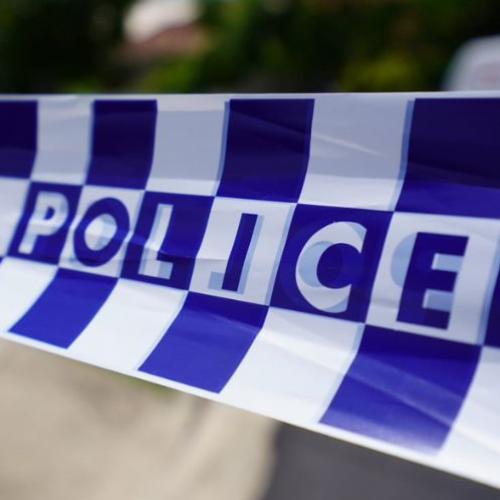Queenslanders are being showered with electricity bill relief, free kindy and a raft of other cost of living measures as soaring coal royalties powered the state budget to a historic surplus.
Treasurer Cameron Dick said the $12.3 billion surplus for 2022/23 was the largest for any state or territory and declared help is on the way for people struggling with rising inflation and interest rates.
“In this budget, our government will deliver greater and more widespread cost of living relief than any other government in Australia, state or federal,” he said as he handed down the budget on Tuesday.
Mr Dick said the largesse was possible because of the government’s progressive royalties regime introduced last year, which brought in an extra $10.5b amid high coal and gas prices.
“We can deliver our state’s biggest cost of living program, our state’s biggest building program and deliver lower debt because of one simple reason – progressive coal royalties,” the treasurer said.
“Our decision to take on the mining lobby, to stand our ground and to fight for the people of our state, has delivered a rich reward for Queenslanders.”
Mr Dick announced $1.6b in expanded cost of living relief, including an increase in the electricity bill rebate to $550 for all households – up from $175 – and more than $1000 for eligible concession holders.
The rebates mean low-income households, such as pensioners, might pay nothing for electricity in the next financial year.
The other big-ticket item was $645 million over four years to provide 15 hours a week of free kindergarten for all four-year-olds.
“Over the course of a year, that means an average saving of $4600 for many Queensland families,” Mr Dick said.
With the government under pressure over the state’s health system, the treasurer announced a boost of more than nine per cent to bring 2023/24’s funding to $25.8b.
The money includes more than $7640m to reduce ambulance ramping and emergency department wait times.
There is a $1.1b increase for social housing as the state continues to deal with a shortage of affordable housing, including $322m for an extra 500 social homes.
Mr Dick touted the state’s infrastructure spend, forecast to be $89b over four years.
This includes $20b in 2023/24 for projects such as infrastructure for the 2032 Olympics, the Fitzroy to Gladstone water pipeline, the Borumba Pumped Hydro project and stage one of the Coomera Connector motorway.
The opposition said the treasurer’s rivers of gold failed to repair frontline services or deliver long-term cost of living relief.
“Treasurer Dick has pocketed an extra $60b than he forecast in his first budget less than three years ago, but the state has nothing to show for it,” treasury spokesman David Janetski said.
“After the rivers of gold dry up, Queensland will have nothing to show but the highest debt in our state’s history, the highest taxes and failing front-line services.”
The royalties bonanza is not expected to continue and revenue is forecast to fall sharply in 2023/24, as the surge in coal and other commodity prices unwinds, according to the budget papers.
This will result in a forecast deficit of $2b in 2023/24.
Queensland’s economy is forecast to grow two per cent in 2022/23 and increase to three per cent over the next two years.
Inflation is expected to drop from 7.25 per cent in 2022/23 to 3.75 per cent in 2023/24 and unemployment is expected to edge higher to 4.25 per cent in 2023/24.
STATE OF QUEENSLAND BUDGET IN 2022/23
* Surplus: $12.3b
* Revenue: $87.6b
* Expenditure: $75.3b
* Net debt: $5.8b
* GST revenue: $17.8b
* Unemployment: 3.75 per cent
* Economic growth: 2.0 per cent









